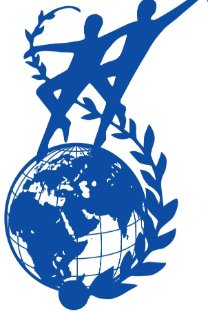AZƏRBAYCAN ALİMLƏRİ VƏ QUMUQ FOLKLORUNUN TOPLANMASI
İster Azerbaycanda, isterse de qumuqlar arasında folklorun Avropa metodları ile toplanması ve öyrenilmesi eyni zamanda başlasa da, Azerbaycanda folklorşünaslıq elmi qumuqlara nisbeten süretle inkişaf etmişdir. Azerbaycan alimleri qumuq folklorunun toplanması, tebliği ve araşdırılmasına da sey göstermişler. 1920-ci illerde bu yönde uğurlu addımlar atılsa da, 1937-ci ilin irticası bu xeyirxah ve uğurlu işi durdurmuşdur. Azerbaycan 1991-ci ild? müsteqilliyini elan etdikden sonra yeniden türk xalqlarının folklorunun, tarixinin, dilinin, edebiyyatının, medeniyyetinin öyrenilmesine meyl artmışdır. Bekir Çobanzadenin, Emin Abidin, Abdulla Şerifovun ve b. başladığı işi araşdırıcılarımız davam etdirmeye başlamışlar. Azerbaycanda yeniden qumuq folklorunun araşdırılması ile ilgili meqaleler çap olunmuş, meruzeler hazırlanaraq elmi konfranslarda oxunmuşdur. Meruzede qumuq folklor materiallarının toplanması, öyrenilmesi ve tebliğinde Azerbaycan alimleri ile yanaşı, qumuq, macar, türk alimlerin de fealiyyetinden söz açılmışdır.
The Collection the Folk-Lore of Kumuk and Scholarships of Azerbaijan
Though the collection and study of folklore based on European methods started at the same time both in Azerbaijan and among kumuks yet folklorism developed more rapidly in Azerbaijan than among kumuks. Azerbaijani scientists realised efforts in collection, propogation and study of kumuk folklore. Though successful steps were made in this regard during 1920’s yet this success was ceased by the repression of 1937. After Azerbaijan declared its independence in 1991 the tendency towards the study of folklore, history, language, literature and culture of turkic nations regenerated. The researchers continued the the activities in this field which had been started by Bekir Chobanzade, Emin Abidin, Abdulla Sherifov and others. The articles about the research of kumuk folklore started being re-published and research papers were presented in scientific conferences in Azerbaijan. The paper deals with the activities of Azerbaijani researchers as well as kumuk, hungarian and turkish scientists regarding collection, study and propogation of kumuk folklore materials
